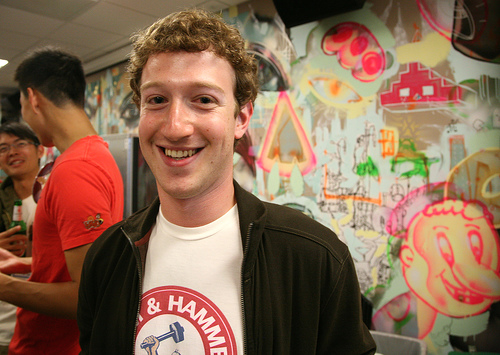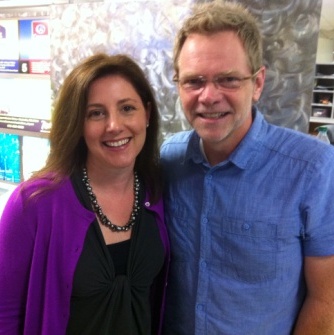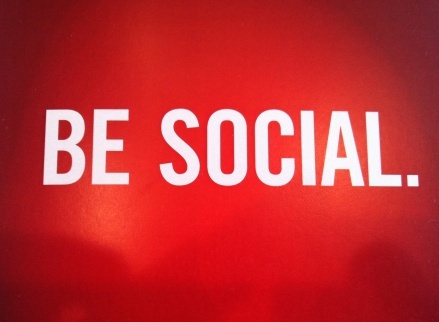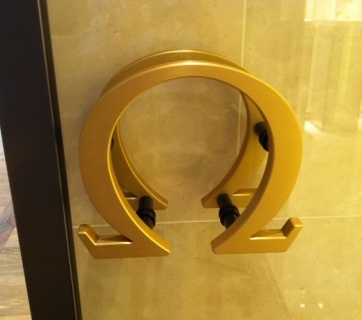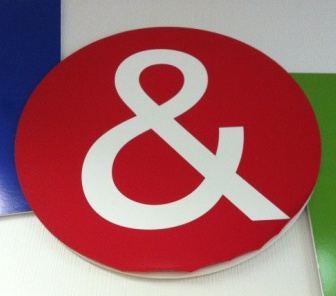Ah, Facebook. Relational crucible of the 21st century.

Have you read about Julia Angwin, the woman who’s unfriending all of her friends on Facebook? She’s an accomplished journalist, author, and privacy expert who figured out what we all knew already: social media affords very little privacy. She’s created a micro-movement of readers who are kicking their Facebook friends to the curb. Really.
Then I read a post from a woman who disabled her account because she felt her time on Facebook was an indulgent, unhealthy grasp for the approval of others. Now tell us something we don’t know.
Of course who can forget evolutionary psychologist Robin Dunbar’s assertion that human beings cannot cognitively maintain more than 150 meaningful relationships? As if the nuances of friendship, emotion, and memory are static, quantifiable commodities. Your friend quota is capped at 150—and not one more! Dunbar isn’t on Facebook, by the way.
I’ve been on Facebook for 26 months. Usually it’s fun and silly, not to be taken too seriously. It’s a good place to keep in touch with people and share what I write. As with all things internet, if it’s private, you don’t post it.
Change is the only constant on the social network.
You’ll remember my unhappiness with the bait-and-switch maneuver played out on Facebook fan pages this past fall. Well, just last week, I stumbled upon the mother lode. A dumping ground in my Facebook Messages called the “Other” box. Comes with a pay-to-stalk offer.
Theoretically, I assume everyone on Facebook has an “Other” box. You can check next time you’re on Facebook. Click on your Messages tab. To the right of the word “Inbox,” you should see it. “Other.” Is it there? Are messages in it? Mine was populated with freaky messages from strange men I don’t know who wanted to be my “friend.”
Here’s how it works: let’s say someone wants to send you a message on Facebook, but they’re not your Facebook friend. No problem. Rather than sending you a friend request, Facebook allows them to send you a message anyway—to your “Other” box.

Now if that person who you don’t know wants to send you a message but doesn’t want it to go to the no-man’s land of the “Other” box, Facebook offers a salacious solution. For $1 Facebook will bypass the “Other” box and deliver their message directly into your “Inbox.” So, along with kind, harmless messages from your Aunt Sally, your kindergarten BFF, and your child’s piano teacher, you may see messages from strangers who paid $1 to stalk for access to you.
A single dollar. One hundred pennies. Small change for perverts, stalkers, and bullies bent on terrorizing the common folk.
Facebook, what are you thinking?!
I’m making a lot of assumptions here. But Facebook, in grand Facebook fashion, insists on making adjustments, tweaks, and monumental changes without much consideration for their users, so assumptions are all I have. My husband made the wisest assumption of all.
“Aimee, Facebook doesn’t see us as users or customers,” he said. “For Facebook, we’re deliverables.”
He’s smart, that guy. But he rarely follows my status updates. Figures he knows what’s going on with me already. So at lunch this past Sunday, I’m explaining the “Other” box to him and my son and how there are some people Mom doesn’t want to befriend.
“Here’s what the people in my ‘Other’ box are like,” I said, summoning my scariest, most gravelly voice. “‘Hey! I wanna be your friend!‘ And I’m like, ‘Hey! I don’t even know you!‘”
My son and my husband laughed at my theatrics in the middle of the Chinese restaurant. We role-played, taking turns being the scary “Other” people with the funny voices and the unsuspecting deliverables left to fend them off.
The bill and fortune cookies came too soon. Our table erupted as I read mine.
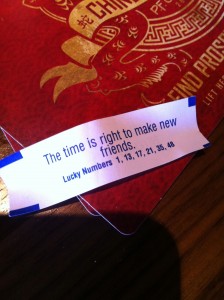
Hey, Facebook, ever hear of MySpace?
Some friends play at friendship but a true friend sticks closer than one’s nearest kin. Proverbs 18:24 NRSV
The Stranger by Billy Joel.
Do you use social networks like Facebook? How do you protect yourself?
photo credit: celeste343 via photopin cc

